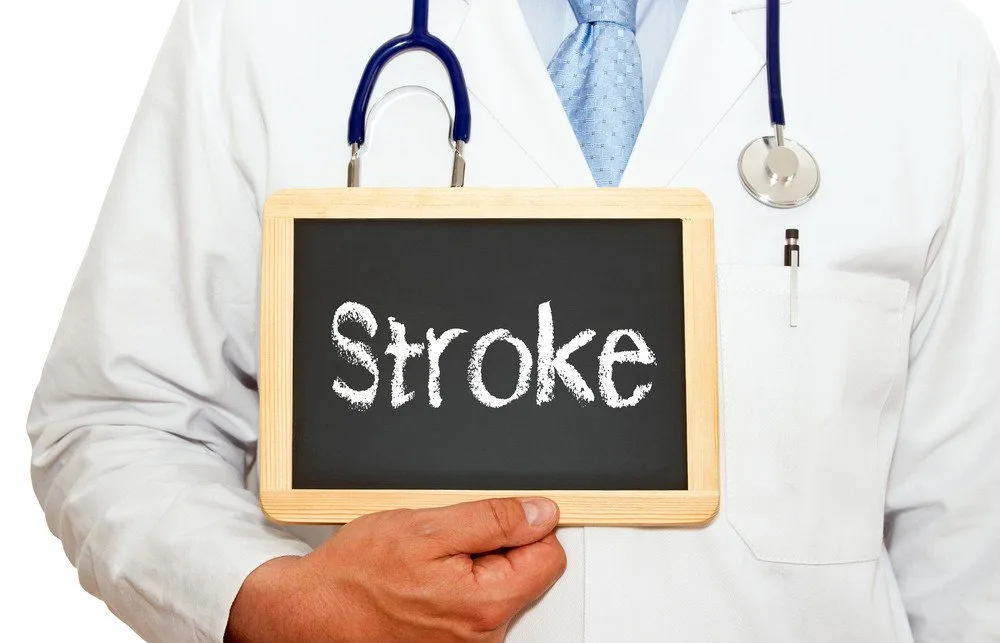Worldwide, 15 million people suffer a stroke every year. Of these, 5 million will die, and another 5 million will be left permanently disabled, placing a burden on families and communities. Reducing your risk of stroke is crucial for maintaining good health. A key step in achieving this is knowing and keeping track of your blood pressure and cholesterol levels.
The following steps will help reduce your risk of having a stroke
A direct connection is found in the build-up of fatty substances in the arteries and the accumulation of plaque blocking the blood flow. Progressive blocking of blood vessels caused by plaque can cause a heart attack or stroke. This will eventually cause death from these conditions if not treated on time.
I emphasize following these steps to reduce the risk of developing heart disease and stroke.
Go for regular health screenings
Regular health check-ups with a clinical nurse can help identify risk factors. These include high blood pressure, high cholesterol, and diabetes.
These conditions can be managed effectively with early detection. After all, The Heart & Stroke Foundation reports that about 80% of heart diseases and strokes can be prevented.
Strokes are often called “brain attacks” and they occur when the blood supply to a part of the brain is disrupted or reduced. This then prevents brain tissue from receiving nutrients and oxygen.
Heart problems are common among individuals with a history of stroke and can worsen during both the acute phase and the recovery period. For those diagnosed with heart disease, it is important to attend all recommended medical appointments and adhere to all recommended lifestyle changes.
Manage diabetes
Obesity and accompanying complications, such as diabetes, are major controllable risk factors for both heart diseases and strokes.
Individuals with diabetes should focus on proper management and control of their condition. After all, uncontrolled diabetes can increase the risk of these conditions.
Avoid smoking and limit alcohol intake
Not using tobacco products, being exposed to smoke, and moderating alcohol consumption can reduce the risk of developing cardiovascular issues.
Smoking increases blood pressure, contributes to the formation of blood clots, and decreases good cholesterol. It is also a major risk factor in the development of heart disease and the increased risk of having a stroke.
Exercise and manage stress
Chronic stress can contribute to heart disease and stroke. Practice stress-reduction techniques such as meditation, yoga, muscle relaxation, and breathing exercises.
Engage in 30 minutes of heart-boosting exercise at least five days a week to decrease the likelihood of experiencing a heart attack or stroke.
Eat healthy and maintain a healthy lifestyle
Maintaining a healthy lifestyle is the cornerstone of stroke and heart disease prevention. Follow a balanced and heart-healthy diet low in saturated fat, sodium (salt), and added sugar.
Following a diet full of fruits, whole grains, nuts, fish, poultry, and vegetables and limiting red and processed meats can reduce the risk of both conditions.
Post Diagnosis Care
For those who have experienced a stroke, it is imperative to prioritize regular rehabilitation checkups and holistic care. Physical, speech, and occupational therapy are crucial components of the recovery process.
Furthermore, adhering to prescribed medications to prevent further strokes, manage blood pressure, or control cholesterol levels, and adopting a healthy lifestyle is even more critical after a stroke.
Emotional and psychological support is equally important for stroke survivors. Seeking this support from family and friends, who play a pivotal role in facilitating the recovery process, is essential.
Conclusion
Through awareness, education, and access to quality healthcare services, we empower individuals to start their own journey towards better health, and a key step is to take charge of their cardiovascular health.



